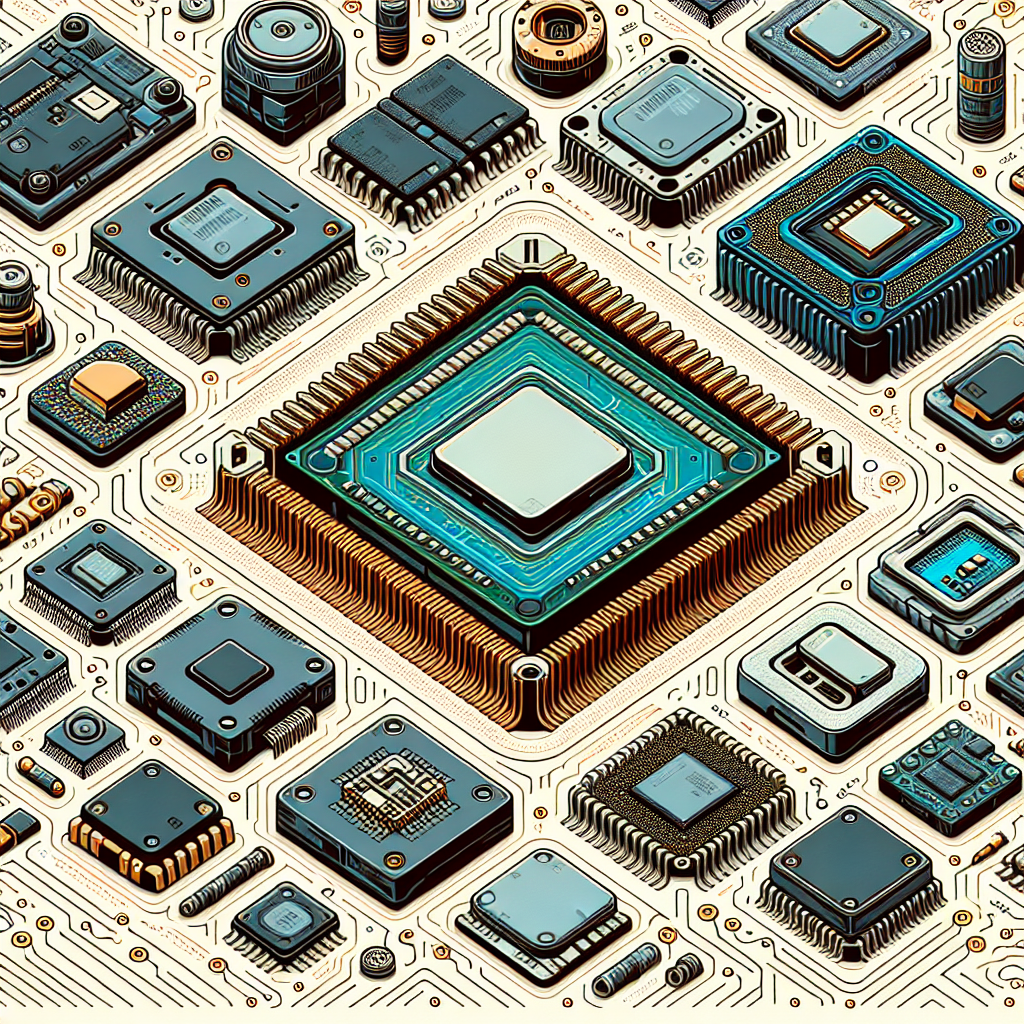Nvidia's H20 Chips: A Thorn in US-China Relations
China's cyberspace regulators summoned Nvidia over security concerns regarding its H20 chips, investigating claims they can be remotely tracked and disabled. Just weeks after the US lifted its ban on these chips, both US lawmakers and Chinese officials have expressed concerns over potential security risks, fueling ongoing tech tensions.

- Country:
- United States
China's cyberspace regulators have summoned Nvidia amid security concerns, suggesting its H20 chips could be tracked and turned off remotely. The move follows the recent lifting of a US ban on these computing chips for the Chinese market.
Beijing's query into Nvidia's "backdoor safety risks" reflects heightened vigilance between the tech giants over cybersecurity and market access. Nvidia, however, insists that there are no backdoors, aligning with its commitment to cybersecurity.
The incident underscores the persistent strain in US-China tech relations, as both countries navigate the intricacies of AI technology deployment while addressing national security concerns.
(With inputs from agencies.)










